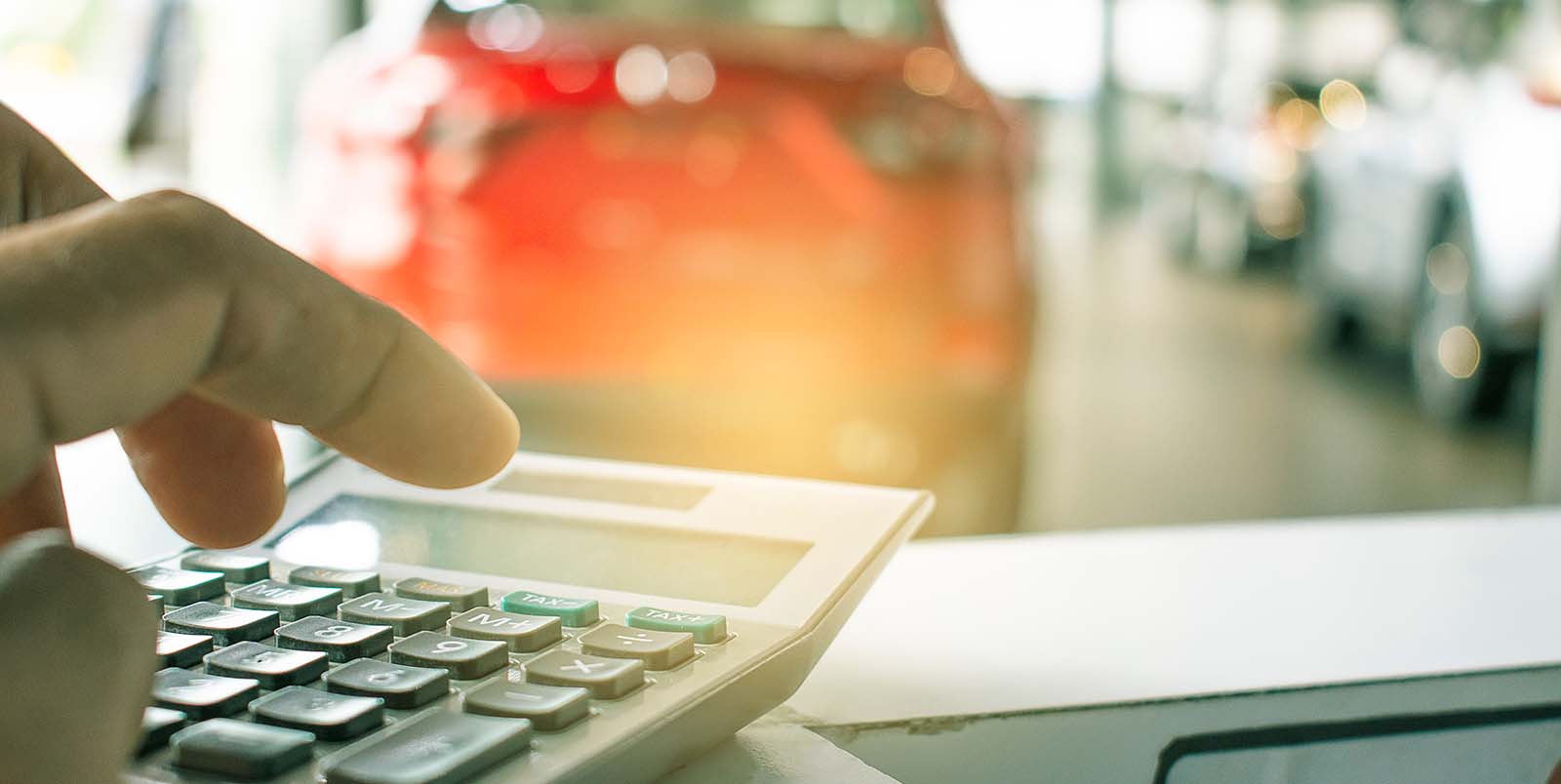Contents
While a debt management plan (DMP) will enable you to reduce the amount of money you pay to creditors, it still requires you to commit a certain percentage of your income towards debt repayment each month. If you are a vehicle owner you may be wondering how can a DMP affect your car? We explain the options that may available to you below.
Getting car finance while on a debt management plan
At some point during your time on a DMP you might start to think about getting a car or upgrading your existing your model.
Buying a car outright tends to be a more expensive option, so you may consider applying for a car finance deal.
There are no legal restrictions on buying a car while on a debt management plan. However, because the purpose of the agreement is to help you manage and reduce your outstanding debt, you will have to consult with your credit counselling agency before making an application to ensure that taking on new debt will not have a negative impact on your DMP.
What car finance can be included in a DMP?

A DMP is able to reduce unsecured debt payments (credit cards etc.) but cannot reduce secured debts. This means Personal Contract Purchase (PCP), Hire Purchase (HP) and car leasing deals cannot normally be included in a DMP, as the loan is secured against the vehicle itself. If an unsecured personal loan has been used to purchase a car the loan can be included in a DMP.
Before committing to buying a car, you should also consider the full range of costs involved with running the vehicle. These costs could also effect the amount of disposal income you have to spend each month – which could reduce the amount of money you can offer to the DMP. These costs would include things such as:
- Insurance
- Fuel
- Road tax
- MOT and maintenance costs
- Breakdown cover
- Parking costs
For any items that are not payable on a monthly basis – such as MOT and maintenance – you can estimate the amount you expect to pay over the course of the year and divide this by twelve to calculate the estimated monthly cost.
Paying for the running costs of a car during while on a DMP
The first stage of putting together a debt management plan requires you to list your income and outgoings each month. The amount of disposable income left over can then be offered to your creditors and divided appropriately via the credit counselling agency.
When listing your outgoings you must include the running costs of your car, including all the expenses listed in the previous section that can be incurred across the course of any given month/year.
Do car finance companies accept customers on debt management plans?

As there are no legal restrictions in place that prevent you from applying for car finance, you are free to submit an application to any dealer.
However, you should bear in mind that they will perform credit checks and will want to check your monthly income and expenses to ensure you are able to afford the repayments.
And as mentioned in the previous section above, you should not take out any new credit without first discussing it with the credit counselling agency dealing with your DMP. Taking out any form of new debt may not be viewed positively by your existing creditors, so the best course of action is to speak with professionals who can offer well-informed guidance.
By extension, being on a DMP will mean your credit score is likely to be negatively affected, which could harm your chances of securing a car finance deal.
Also, be aware that an unsuccessful application will still be recorded on your credit file. It is helpful to be aware of your credit score before applying for any sort of credit. This can be done for free via any of the three main credit agencies: Equifax, Experian and TransUnion.
If you decide to apply for a car finance deal and feel you need a car for personal or professional reasons, but may struggle to afford it, you may be able to use a guarantor as an alternative.
A number of car finance companies offer the option to use a guarantor for security in the event you may not be able to maintain the monthly instalments. The guarantor will have to undergo similar credit and affordability checks to ensure they are able to pay for the car, should you be unable to. They must also be aware that should you be unable to repay the monthly instalments, they will become fully responsible for the upkeep of the contract until it is completed.
Purchasing a car outright
An alternative to getting a car on finance is to buy one outright – although depending on the model and age of the vehicle, this could be a more expense option.
If you are unable to secure a car finance deal, then you may give consideration to buying a car by paying for it outright, in particular if you fall into one of the categories below:
- You have to travel a long distance to work
- There is limited public transport in your area
- You or a family member have health issues
- You have dependent children
- You have elderly/vulnerable relatives you need to regularly visit, or you work as a carer
You are likely to be on a DMP as you are looking for a way to repay your outstanding debts even though you are not able to meet the agreed monthly minimums. However, if you do have access to enough money to purchase a car outright, and you feel it would help your situation, you should first contact your credit counselling agency to discuss your options.
Your individual circumstances cannot be compared to anyone else, so it must be assessed as such. If a car is absolutely essential for your needs and lifestyle, and purchasing one outright is the only solution available to you, then the credit counselling agency may be able to help you find a solution.

